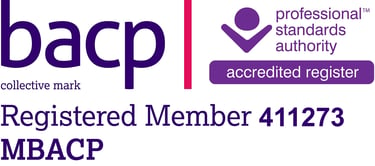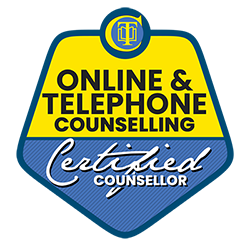Understanding the Benefits of Counselling: What to Expect from Your Therapist
1/26/20252 min read


Counselling serves as a valuable tool for individuals seeking to improve their mental health, navigate life’s challenges, and develop coping strategies. Many people may wonder what the benefits of counselling are and what to expect when meeting with a therapist. Whether dealing with anxiety, depression, relationship issues, or personal growth, seeking professional guidance can facilitate positive change.
Key Benefits of Counselling
One of the primary benefits of counselling is the safe and confidential space it provides for clients to express their thoughts and feelings. This environment fosters open and honest communication, allowing individuals to explore their emotions without judgment. Additionally, counsellors can offer helpful insights to guide clients on their journey toward self-awareness and personal development.
Another significant benefit is the development of effective coping strategies. Therapists work with clients to identify patterns of behaviour and thought processes that may hinder their emotional well-being. Through various therapeutic techniques, clients learn skills to manage stress, make better decisions, and improve their interpersonal relationships.
Counselling can also serve as a means of gaining clarity. Many individuals face complex situations that can feel overwhelming. A therapist can help clients examine their circumstances from different perspectives, empowering them to make informed choices. This clarity can lead to increased confidence and improved emotional resilience.
What to Expect from Your Therapist
When attending your first counselling session, it’s natural to feel nervous or uncertain. However, therapists are trained professionals committed to helping clients along their journey. Initially, your therapist will likely ask questions about your background, current concerns, and what you hope to achieve through counselling. This information helps establish a strong foundation for future sessions.
Throughout the therapeutic process, expect to engage in discussions about your feelings, behaviours, and thoughts. Your therapist may guide you in exploring difficult topics and challenging negative thought patterns that may contribute to your struggles. They will also encourage self-reflection, helping you identify your strengths and areas for growth.
It’s important to recognise that counselling is a collaborative process. You will have an active role in setting goals and deciding which areas to focus on during sessions. Trust and rapport with your therapist are critical components that foster a productive therapeutic relationship. If you ever feel uncomfortable, it’s essential to communicate this with your therapist to adjust the approach as needed.
Conclusion
In summary, counselling offers numerous benefits, including a safe space for self-exploration, the development of coping strategies, and greater clarity in decision-making. By understanding what to expect from your therapist, you can approach the counselling journey with confidence. Remember, seeking help is a sign of strength, and with the right support, positive change is within reach.
Why not start your counselling journey today and contact me for your initial free 15-20 minute phone call.









